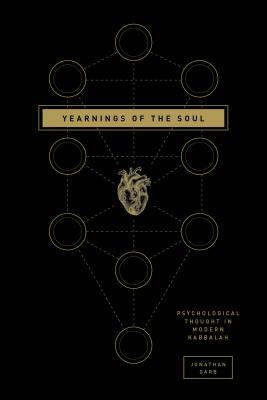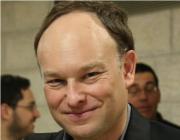My independent career as a writer (following work in sociology as research assistant for Professor Tamar Rapoport) began in the mid-1990’s, as a MA student at the Hebrew University of Jerusalem (advised by Professor Moshe Idel), when I explored the manuscripts of the Kabbalists of Jerusalem and North Africa in the sixteenth century. Thematically, I was concerned with power, magic, trance states and meditative practices, views of language and emotions. Some of these themes were expressed in the doctoral dissertation (also advised by Prof. Idel), published in a revised form as my first book, Manifestations of Power in Jewish Mysticism (Magnes Press, 2004). Others manifested in articles from my first period (1995-2004) and some, especially trance, were to wait until the end of my second period.
My second period began in 2005, when I collected several articles and added three new chapters in my second book "The Chosen will Become Herds": Studies in Twentieth Century Kabbalah, (published by Carmel Press in that year and by Yale University Press in 2009). This book (and accompanying articles) focused on two figures, R. Avraham Itzhak Kook and R. Yehuda Leib Ashlag. My thoughts on R. Kook, fueled by the publication of his diaries, were partly presented in seminars at the Shalom Hartman Institute (where I was a fellow until the end of 2008). My shift to modern Kabbalah was completed during my period in the research group on The Sociology of Contemporary Jewish Mysticism in Comparative Perspective at the Institute of Advanced studies in Jerusalem (that I co-convened with Professor Philip Wexler). Besides a programmatic article on the modernization of Kabbalah (presented at the group’s end-of-year conference), my research in this intensive period was especially evident in my third book, Shamanic Trance in Modern Kabbalah (The University of Chicago Press, 2011). This period, as well as the next one, was characterized by a comparative interest.

My collaboration with Philip continued in my third period, beginning with my sabbatical year at New York University in 2011-2012. Besides our co-edited volume, After Spirituality: Studies in Mystical Traditions (and the book series which it commenced, under the same title,), social scientific interests, especially psychology were clearly expressed in my fifth book. The Yearnings of the Soul: Psychological Thought in Modern Kabbalah (The University of Chicago Press, 2015).


A second major theme was that of intellectual history, as in my monograph from this period, Kabbalist in the Eye of the Storm: R. Moshe Hayyim Luzzatto (Tel Aviv University Press, 2014) and related articles. The culmination of this period was my latest book Modern Kabbalah as an Autonomous Domain of Research (Cherub Press, 2016). Both psychology and intellectual history are expressed in my teaching in the Amirim honors program.


